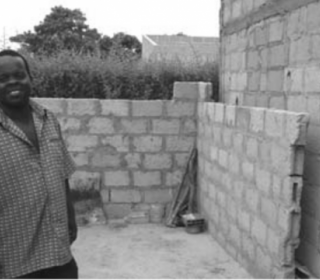Land Tenure, Land Use and Sustainability in Kenya: Towards Innovative Use of Property Rights in Wildlife Management
The report considers the different laws and policies relevant to wildlife management in Kenya, and critiques these in relation to conceptual and legal problems, ecological and institutional problems. It suggests a rethinking of property rights for wildlife management so that local communities can better benefit.




